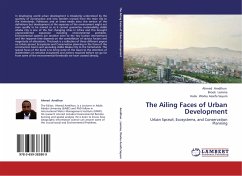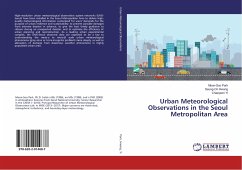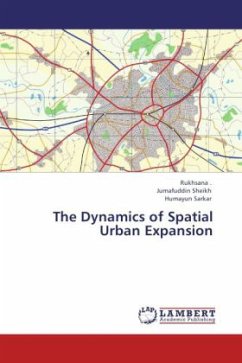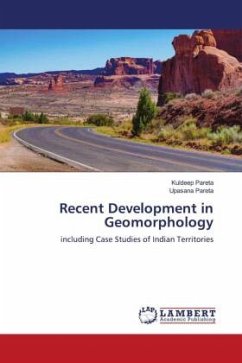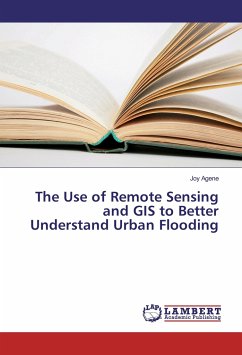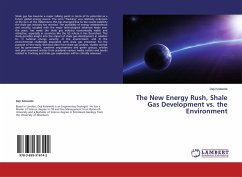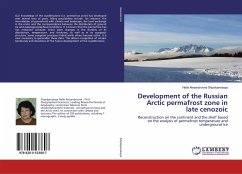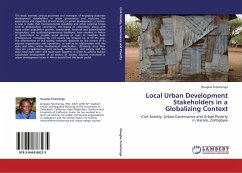In developing world urban development is mistakenly understood by the quantity of construction and new borders crossed from the main city to the hinterlands. Politicians and at times media echo this version of the definitions but development at the expenses of the environment might not even qualify to be named so as it cannot guarantee sustainability. Addis Ababa City is one of the fast changing cities in Africa and this brought unprecedented expansion including environmental problems. Environmental systems are sensitive even to the tiny human interventions and the response time depends on the constellation of various factors and magnitude of alterations. This book is a collection of three different papers on Urban sprawl, Ecosystems and Conservation planning in the faces of the construction boom and sprawling Addis Ababa City to the hinterlands. The special focus of the book is to bring some of the issues to the attention of stakeholders on sensitive ecosystems and actions required before we go far from some of the environmental thresholds we have crossed already.

